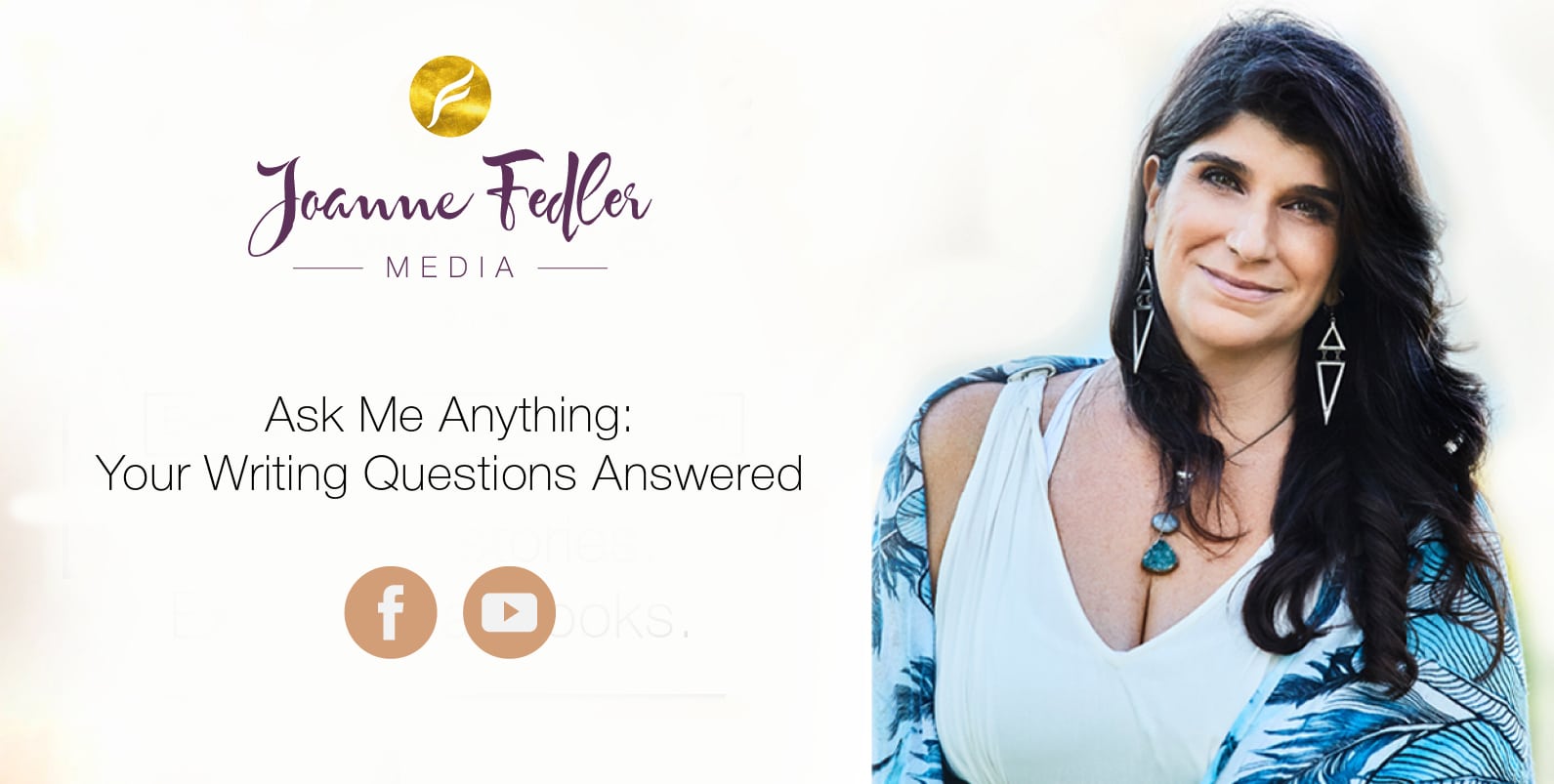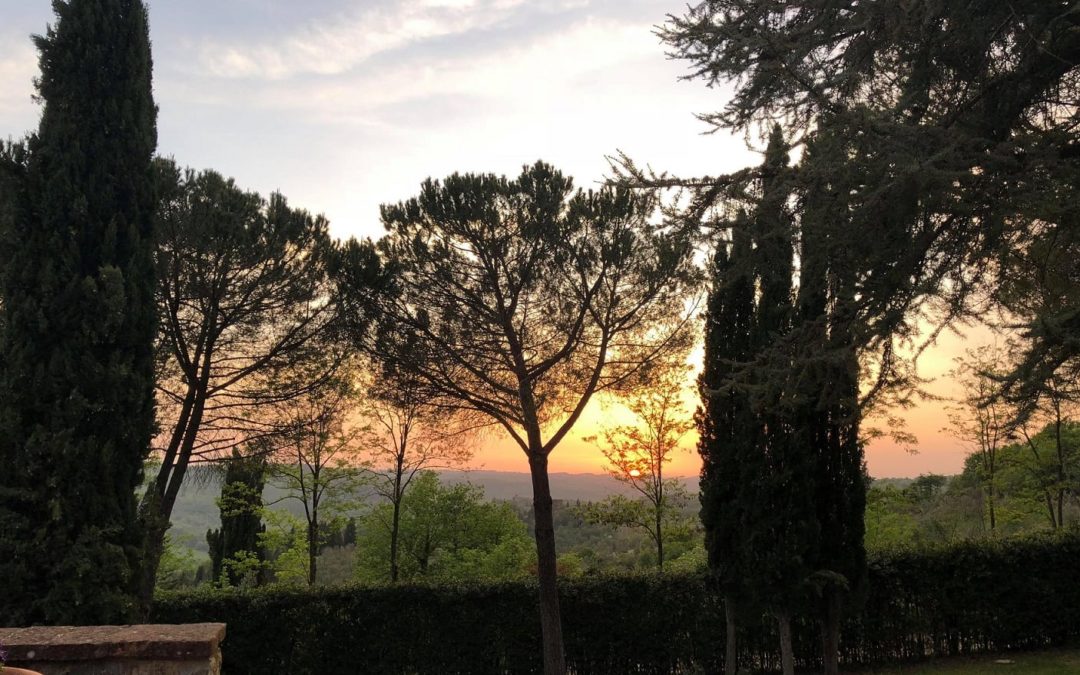
Mistakes to Avoid When You Write a Self-Help Book
Mistakes to Avoid When You Write a Self-Help Book
I’m such a huge fan of a great self-help book which can raise our vibrational frequency if the author wrote it with energetic integrity – not from a place of ego, but rather as a transmitter of wisdom and as an act of service to the reader. A book like this is often the hard-won result of the author’s struggles, and is imbued with wisdom, perspective, insight and compassion. Such books help readers to suffer less and feel less alone in their suffering.
Writing a self-help book can be a gift to readers that can potentially transform them. I’ve read hundreds of them (some brilliant, some awful) and have read numerous submissions by aspiring authors looking for publication with Joanne Fedler Media. Based on my experience, here are some guidelines to help you write a self-help book:
- Establish your credibility upfront: your credibility may be the result of an experience you have survived or because of your professional expertise. Tell us upfront what your story is and why and how you came to write this book. Readers want to know they are in safe hands – they want to know who the author is, what credentials we have for writing this book – professional, experiential;
- Start with your experience, not the lessons learned: your experience has yielded your insights – so start with your experience, not the ‘lessons’ or ‘insights’ you learned from them. Allow your reader to experience your transformation with you, and allow them to journey towards your insights instead of foisting them on your readers;
- Be clear on who your target market is and write with your reader in mind: People who are not your family will only be interested in your book if it is objectively uplifting and inspiring. It’s not enough for you to simply record what you went through – what insights or growth occurred as a result of your experience?
- Just because it happened to you, doesn’t make it relevant to others: be sure to write about your journey in such a way that you cross the bridge between the personal (what happened to you) with the universal (why it’s relevant to your reader);
- Let your reader walk in your shoes to get to the transformation: though you may be at the end of your transformation, remember that your reader has not traversed that path with you. Pace and structure the book so your reader has a chance to ‘catch up’ and experience the transition, walk through the highs and lows with you. Otherwise the journey you describe may seem fanciful or ‘reserved for spiritual VIP’s only.’ If your book is about grief, make sure the reader is allowed to experience the grief, otherwise the strength of the transformation is lost, or is leap-frogged over, and becomes a spiritual bypassing, which can feel unprocessed;
- Show us your journey, don’t just tell us what you learned: show your reader what actions you took, what conversations happened, in order to show us how you ‘changed your mind’ or a had a ‘realisation’ or an ‘insight.’ It’s not enough to say, ‘I realised… I was being watched over / I couldn’t control the outcome / I had to surrender / I was in control of how I felt…’ etc. Show us the transformation (from fear to faith, illness to health, grief to acceptance) and make sure you keep your reader with you through the transition otherwise she will be unable to identify with it. Use scenes in order to show us the moments in which you changed;

Joanne Fedler
Author, writing mentor, retreat leader. I’m an internationally bestselling author of nine books, inspirational speaker and writing mentor. I’ve had books published in just about every genre- fiction, non-fiction, self-help, memoir – by some of the top publishing houses in the world. My books have sold over 650 000 copies and have been translated in a range of languages. Two of my books have been #1 Amazon bestsellers, and at one point the German edition of Secret Mothers’ Business outsold Harry Potter- crazy, right?
- Don’t rush: in the wake of a loss or a change, writing can be cathartic and healing but it is not going to be the writing that you want to share with the world. A self-helpbook about any meaningful experience can only be written in time. I am a great believer in letting things take their time and not rushing the river, especially the river of loss and grief. Its insights are often startling, but we need patience to harvest them. A self-help book should be a wise guide by someone with expanded perspective – make sure you have given yourself enough time and space to process your experience before writing about it. A story can only be written when an experience has worked its way through us, when it has been deeply digested, richly conceived;
- Your beliefs don’t make us trust you: what you believe is irrelevant unless it is based on your experience – so show us a story which gives us a reason to trust your beliefs. What you believe does not in itself establish credibility. As my favourite character The Dude in The Big Lebowski says, ‘That’s just like, your opinion, man.’ And you know what they say about opinions… Readers need to trust us for our opinions to hold weight;
- Beware of self-help cliches: anyone who has done any self-help work knows the basic tenets of living a responsible, empowered life: don’t be attached to the outcome, don’t be a victim, practice kindness, gratitude, meditation, slow down, actions have consequences and so on. By focusing on the same universal truths, self-help books run the risk of repeating spiritual clichés which lose their lustre and fail to inspire us because they are so over-used. They must therefore offer something new or original to a reader– even simply a new framework or a reshaping of these ideas. When it comes to self help, a reader needs to feel the nuance of our different take even as we express the same time-honoured truths, so remember that you have enough experience and credibility to reinvent and reinterpret universal spiritual lessons;
- Quote others sparingly: you don’t need to bolster your views with other self-help gurus: quoting Brandon Bays or Eckhard Tolle or Deepak Chopra doesn’t give your ideas more weight. In fact, quoting others dilutes the strength of your originality. Also, who cares? This is your book, not theirs. And if you do use quotes, be aware that you need copyright permission for them all if you are to publish;
- Speak to your readers as equals not from a podium: one of the biggest mistakes I see people make in writing self-help books is in the tone or style – if it comes across as didactic, it’s easy to lose your reader. Keep the tone self-compassionate not patronizing or self-aggrandizing. Nobody likes to be lectured to or spoken down to, and even if we don’t intend this, our tone might still come off as if we’re a ‘know-it-all.’ Bring us with you, don’t preach. This will happen naturally when you find your original writing voice so spend time working towards that;
- Be original: create your own unique framework based on your experience. No-one has had the experience you have had, and so you are in a unique position to create an alchemy from it, combined with all the spiritual reading or research you’ve done and come up with your own framework, recipe or ideas. Be creative and original. Figure out the through-line or overarching theme that ties everything together;
- Simplify your message: boil the message of your book down to one single paragraph, then one sentence then one phrase or even one word so that you know the message of your book simply and concisely.
How to Write a Self-Help Book
Are you writing a self-help book? Do you know what the two essential elements of a self-help book are? Do you know how to structure it?
If not, this step-by-step manual will guide you through the writing so you can share your message with the world. In it I teach you the essential structure every self-help book must follow, how to incorporate the rules of storytelling into your writing to engage your audience and how to ensure that you deliver on the promise your book is making to your reader.










